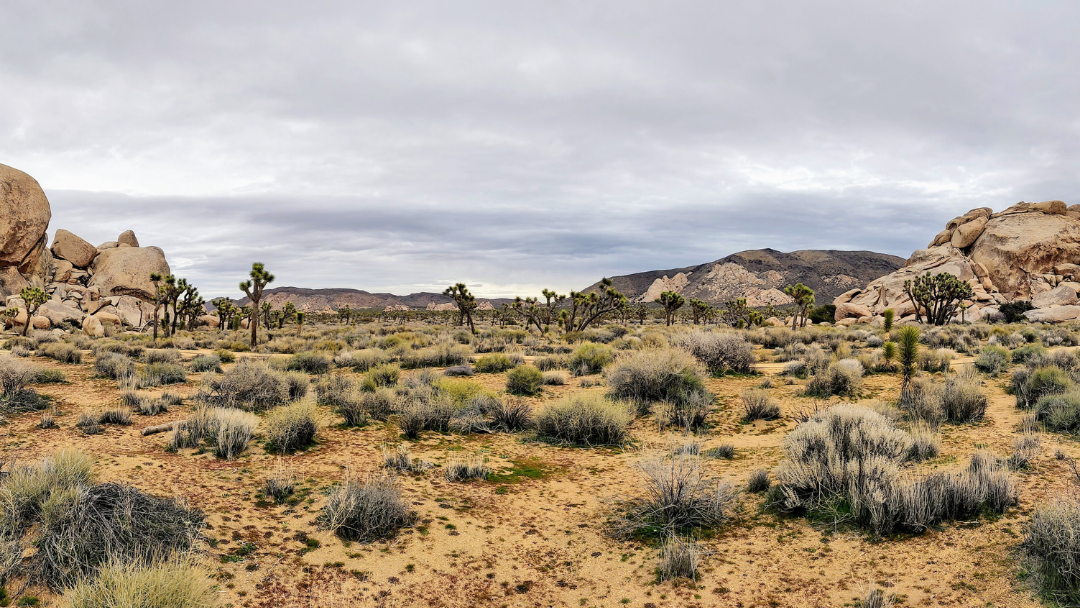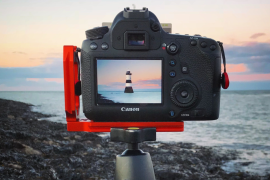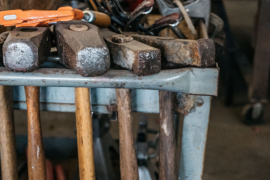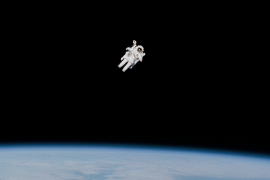WHEN I WAS A LITTLE GIRL THE DESERT WAS MY HOME. Sagebrush rooms and rock furniture made up my house. I scraped lavender rock dust out of a hollow boulder and applied it to my eyelids. The same eyeshadow, I imagined, a Washo princess had worn. Many creatures came upon my house. Bumble bees or yellow jackets, quail puttering blindly to a tune of blue jays and magpies. When I woke in the morning, I could see the coyotes who had snooped around in the night and the cotton tails they had been after. Blue-belly lizards sunned themselves, unmoving on my rock chairs and rock bed. Once I saw a hawk eat a fat lizard, but drop its detached tail. The tail kept squirming. Ghostly magic, I thought. And it was, everything in that desert was magic to me. The ambrosial sage taught me patience through the long cold when it’s heady perfume no longer affronted the temporal. No matter how many times we woke up to a hard frost, it always bloomed its butter flowers by the end of spring. For everything a season. Each night a new phase.
The best worst thing that ever came upon my house was the herd of mustang. I looked up from my dinner of rock and brush and they’d all appeared. I stood slowly to see a herd of about ten. They were all standing in and around the sagebrush rooms of my desert house. They did not face me, but looked at me silently with a sideways glance. As if at once asking permission to enter my house, and preparing to defend their position should I refuse. There were two mares and two foals in the back, but the colt closest to me nodded his head and shook his mane. His was the only movement. In a flash I saw them as my own. They would be my friends and live with me forever. Like a strange version of something I had seen on the television. But even then I realized how selfish that was. These horses were like me, born of the desert.
I decided to back away, and let them rest in peace. I went down to the sandy ravine where I was told not to play on a rainy day. That ravine would fill up faster than you could say help, my grandma said. But that day, like most, there were only two fluffy clouds in the sky. So light and buoyant, the chance for a drop of merciful moisture was not even thought of. It was a dying day of the burnt out summer, and soon my imagination would be contained by classrooms.
The next day I returned to find the herd was vanished. I spied the evidence of their stay––some chewed up sagebrush, scrapings of a hoof in the dirt, and of course horse patties that my brother would collect, and light on fire. Then I found the one they left behind. He must have been old, or maybe sick. He looked small and shriveled already, curled into one of my sagebrush rooms. His eyes were closed, and in death his small body was transformed, resembling something altogether apart from life. Resembling nothing that had ever been alive. Like a startled jack rabbit I ricocheted off rock and sage, fleeing, because death, and the dead body of a mustang was frightening.
But I wondered how they could’ve moved on so quickly, leaving a member of their herd. Dead without reverence. I didn’t return to my sagebrush home for a while, but when I did his body was mostly gone, coyotes. There were only a few bones, licked clean. Bright white.
In the time since I’d first discovered the lonely horse, laid to rest in my desert, I’d thought about death. One day he was there, looking at me, and the next he wasn’t. I remembered the peaceful look of his mouth and jaw, it was a moment that will stay like a photo in my mind. He was not afraid of his own passing. I began to realize that death is the most natural part of life. It is the reflection, the twin. There is only life now because of the death that has come before. And, if you choose to believe so, what we call death is only the next level of life.
My shadow said all of this to me one night. She’d needed to breathe, and pulled me out into the empty desert, under a big sky. Nothing visible until the blue horizon of a windless night, wild with the oxygen in her lungs and the light of a girl gone by in her eyes.
She said, “Do you remember … ? Do you remember when you were not afraid of death?”
“I remember,” I said. “I remember the way it tasted. Like bitter acid on my tongue.”
“Tell me,” she said.
“Tell me,” I said.
“He was the most intoxicating thing I had ever come across. I knew, I saw myself hurting, reckless. But I couldn’t help it. My only desire was to be his desirable.”
My shadow smiled a grin full of darkness and knowing.
“He took me to a place called the Black Rock Desert,” I said. “More barren than even the miles of sagebrush to its east. A flat, dry lakebed full of the finest white silt that will blow all the way to the Pacific at the slightest disturbance. Fertilizing the central valley on its way. We camped out in this place, this man and I, and my whole being became us and the stars.
“He was devilishly handsome with eyes almost pure black. He played tantric music, dressed me if that’s what you’d like to call it, and perform his ritual.”
My shadow opened her mouth, remembering, willing the sensation into her body.
“First he would dose himself, holding my hand, finding something deep in the pool of my eye I hadn’t known was there. Then he would put my dose on the tip of his tongue and kiss me deeply. Holding the back of my neck, transfering the dose down my throat. That kiss would last forever, it seemed. Until the flat white playa rotated above the black mountains of the horizon and we bathed in the sky.
“Playa dust coated our skin and we were creatures of the desert. A thunderstorm rolled through lighting up the night, and turning the playa to slippery clay. We slid around, coating our bodies in the slick grey mud like reptiles until we came upon the fossil of an ichthyosaur. Its bones, revealed by the rain had been stuck in the silt since the Triassic. They were easily identifiable by its avian long-beaked head. We found this creature where he laid down to die, as if no time had passed. Dried and baked in the desert sun.”
My shadow reveled in the retelling. It reminded me of death. And it reminded me that this basin could fill back up into the sea it was before, if only it rained a little more. Then we would live seaside. But it seemed to me then that we were the direct evolution of these creatures. They survived here when the playa was a shallow ocean. We survive in their dust, cracked earth, but look upon the same stars.
I remembered when we woke up and the playa was no longer our own. Millions of people had converged over night. He said it was called Black Rock City. He performed his ritual over and over again. And I was wide-eyed, like a moth drawn to the flame. Every morning copper clouds appeared in the peach sky, reminding us that this earth is not so copacetic as it seems. It is ready to dazzle or destruct at a moments notice, and we are merely its spectators.
“This is when I began to understand the true nature of the man.”
“Like you didn’t know already,” my shadow said.
“One night he said he was scared. He said every time he looked into the black of my pupil it got darker, and deeper, and more unknown. Like death, he said. He was trapped inside.”
“He was afraid of death,” my shadow said. “But you knew this, you knew it all along. You knew he never thought you intelligent or kind. He never admired you. You had no hold over him. You knew it, but you didn’t care.”
“I knew it, but I didn’t care.”
“He did the things he did because I let him. I encouraged him. You were not worthy of anything else. And you still aren’t.”
“I’m still not.”
“You dried out like a fossil in the silt, and I danced in your dust. The flame of the burning man illuminating me, unafraid. I was one thousand feet tall.”
My shadow and I were in the desert. I laid flat on my back and felt her breathing. I thanked my shadow for reminding me of our story. But we had come a long way since then.
Nights when the moon was full or when it was dark she spoke in my head. And many times I could feel her behind my eyelids, opening my mouth to speak, animating my actions like a detached limb. Ready and willing to take over.
The thing about the desert is its deception. At a glance it may seem dry and dead. But the truth is, it’s teeming with life. And everything that lives in the desert is a survivor.
A desert flower is not soft and delicate like the petals of a rose. It has thorned leaves, and a thick stem ready to suck the earth dry. It is grotesque, even ugly. But it lives in a way no other flower could. It survives, dust coated, unafraid. Blooming toward the sun.
Like what you’re reading?
Get new stories or poetry sent to your inbox. Drop your email below to start >>>
OR grab a print issue
Stories, poems and essays in a beautifully designed magazine you can hold in your hands.
GO TO ISSUESNEW book release
China Blue by Catherine Gammon. Order the book of which William Lychack Jeffries calls “a fiery declaration of all that is inexpressible about desire and loss and the need to find a home in a world in which even the most solid and real of things feel often less than completely solid or real.”
GET THE BOOK



